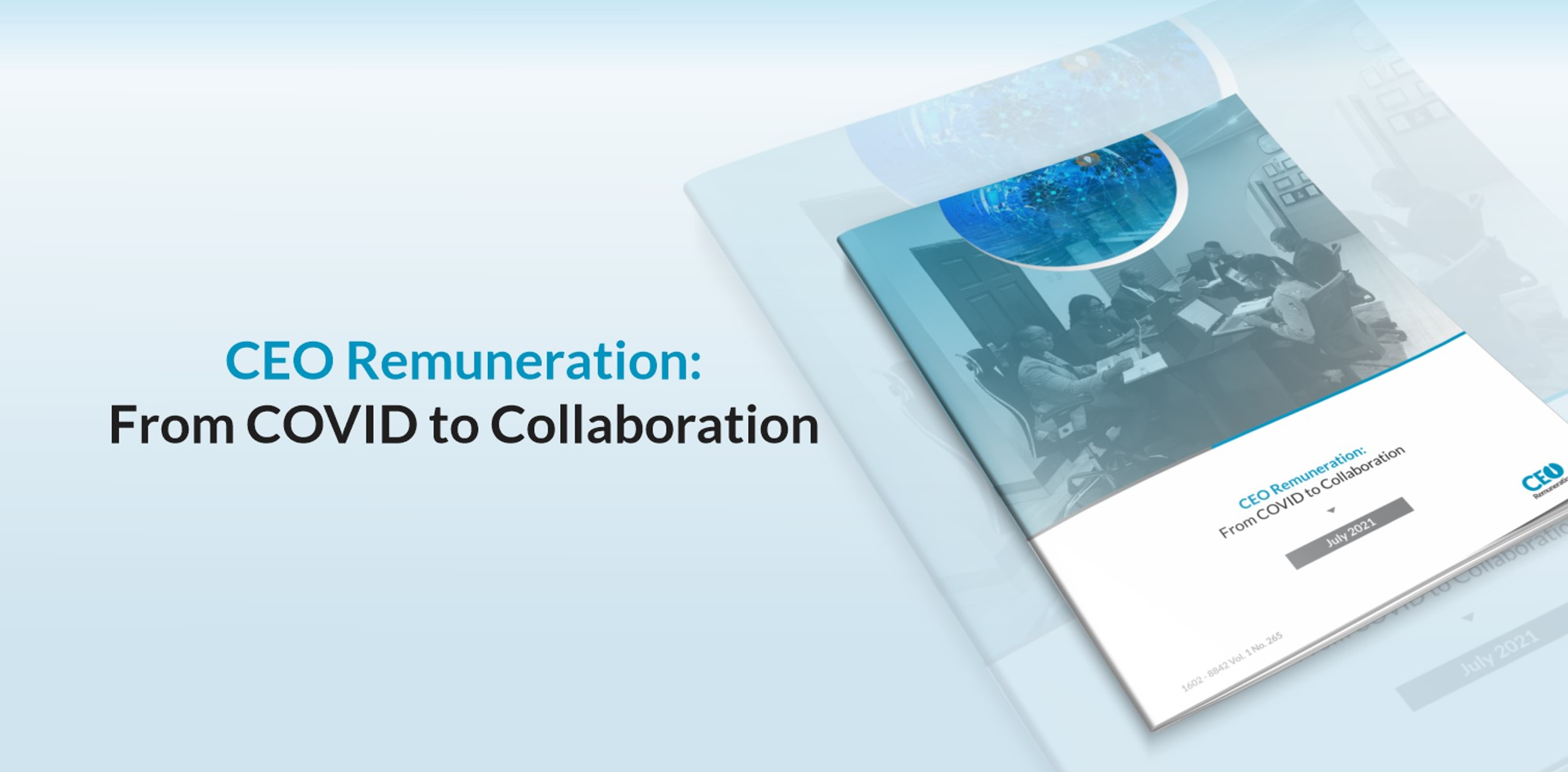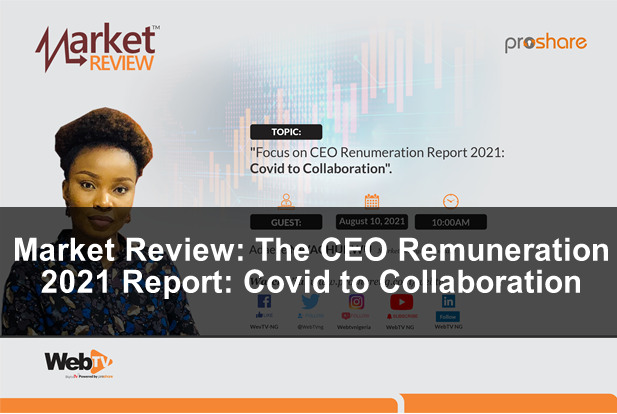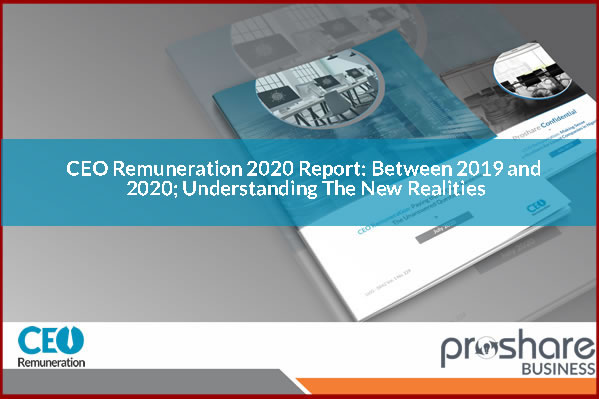Download the full PDF Reports here:
- CEO Remuneration 2022 Report: CEOs in a Post Covid Era - What Matters Most
- Executive Summary - CEO Remuneration 2022: CEOs in a Post COVID Era - What Matters Most
“Amid decades-high inflation, workers' wages are failing to keep pace with the rise in everyday expenses, but CEOs have not felt the same brunt." - Christine Mui
Megatrends in Today's C-Suite
Despite the deglobalization that prevailed during and immediately after the tight restrictions of the Covid-19 pandemic in 2020, the global economy has become more closely integrated. The globalization of value chains occurs in two dimensions: the globalization of markets and the globalization of production. These trends have forced CEOs and top executives to change from traditional targets and conventional business models to innovative measures. There has been a historical merger of different or separate national and regional markets into a large global market, called the globalization of markets. On the other hand, globalization of production is taking the form of companies finding suppliers of goods and services from different locations around the world to garner the advantages of national differences in price and quality of production factors. Globalization of the value chains has, thus, given rise to a new era of global competition, reshaping production, trade and service provision and altering the organization of industries.
The evolution of more advanced technologies that tend to replace repetitive and deductive employee skills has become a primary corporate concern for business executives. CEOs are leveraging technologies and digital transformation to improve efficiency at the current level of technology development. On the one hand, there is an increased flow of ideas and information across the world on the development of advanced information and communication technologies. On the other hand, there is increased investment in digital transformation to compete effectively and efficiently in the changing dynamics of different industries. A recent EY CEO survey found that about 72% of top executives said they must radically and digitally transform their business operations in the next two years to compete effectively in their industry.
Meanwhile, a conflict has ensued between the need for sustainability of the business growth model and the resources needed to fuel the growth and the growing human population. Unlike before, the scarcity of resources and other impacts of changing nature has brought an ever-increasing economic concern around climate change. The direct evidence of climate change are hotter temperatures, rising sea levels, heat waves, severe storms, increased drought, melting glaciers, and warming oceans. These changes are displacing businesses and altering consumer preferences. Alternative companies are emerging, and new industries are rapidly evolving. CEOs are compelled to adapt their businesses to withstand the competition over limited resources, increased regulations, new industries, and climate change market-based solutions. It has become a significant risk for business executives to ignore the sustainability drive.
Elsewhere, changing global economic power and demographic shift present opportunities and threats to business executives. The nature and implications of the changes are becoming farreaching for top executives. There is a shift in global economic power from Western dominance to emerging economies. Emerging economies such as Brazil, Russia, India, China, and South Africa (BRICS) are becoming the main engine of world economic recovery. Although these economies deliver cheap capital, talent, and innovations that drive efficiency, geopolitical dimensions may deter business executives from some countries. It leaves the executives with the tough decision of reorganizing their value chains in the best possible mix for efficient operation and optimal returns. Meanwhile, the rapid growth in population in some areas and the drops in population in others contribute primarily to the shift in economic power, resource scarcity, and the shrinking labour component of earning. Thus, it has become a necessity for today's business models to incorporate the changing human demography and its implications on labour availability and productivity (see table 1).
Table 1:
Related Items
 Lagos, NG • GMT +1
Lagos, NG • GMT +1











 378 views
378 views

















 Sponsored Ad
Sponsored Ad
 Advertise with Us
Advertise with Us









